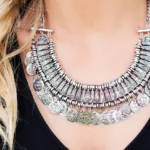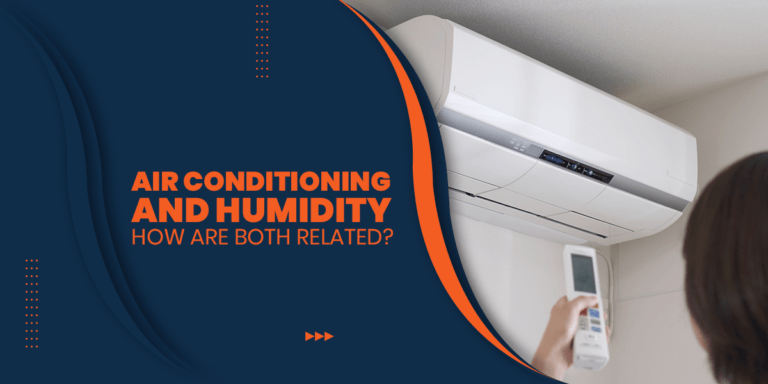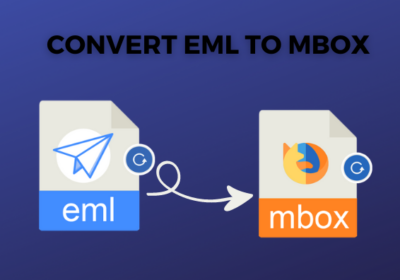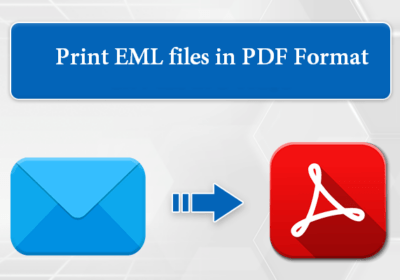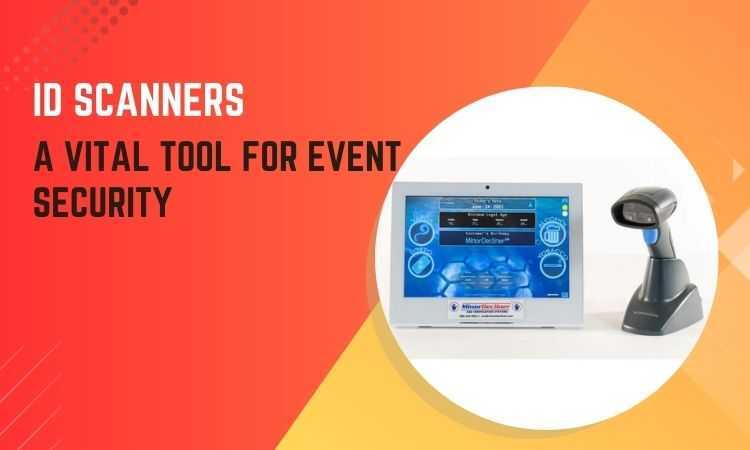
ID Scanners: A Vital Tool for Event Security
When it comes to event security, ensuring the safety of guests and staff is of utmost importance. One crucial tool that can help in this regard is an ID scanner. ID scanners scan and verify the authenticity of identification documents, such as driver’s licenses or passports.
In event security, ID scanners play a vital role in ensuring that only authorized individuals gain access to the event premises and that those individuals are who they claim to be. In this blog post, we’ll explore the importance of event security and ID scanners’ role in ensuring it. We’ll also delve into the benefits of using ID scanners for event security and why they should be considered vital tools for any event.
Preventing Unauthorized Access
One of the primary benefits of ID scanners in event security is their ability to prevent unauthorized access. When events have many attendees, it can be challenging to ensure that only those authorized to attend are allowed entry.
This can lead to security breaches, such as individuals sneaking in without paying, underage individuals gaining access to events with age restrictions, or individuals who have been banned from events attempting to gain entry.
ID scanners can prevent these security breaches by quickly and accurately verifying the identity of each attendee and ensuring that they are authorized to enter the event.
An ID scanner help ensure event attendees’ and staff’s safety and security by preventing unauthorized access. They also help event organizers avoid the financial losses associated with unauthorized entry and potential lawsuits from security breaches. Using ID scanners in event security is essential for preventing unauthorized access and maintaining a safe and secure environment.
Identifying Fake IDs
One of the essential roles of ID scanners in event security is to detect fake or altered IDs. Fake IDs are a common issue at events, as underage individuals often try to gain access to alcohol or other age-restricted areas.
An ID scanner use advanced technology to verify the authenticity of an ID and identify any alterations or discrepancies. By quickly and accurately identifying fake IDs, ID scanners can help prevent underage drinking and other illegal activities that could harm both the individuals involved and the event’s reputation.
Data Collection and Analysis
Another essential use of ID scanners for event security is the collection and analysis of data. ID scanners can collect valuable information about attendees, such as their age, gender, and location of origin. This data can improve event planning and security measures for future events.
Data analysis can also help event planners understand attendee behavior and preferences. By analyzing data collected from ID scanners, organizers can determine which areas of the event were the most popular, which activities attendees engaged in the most, and which types of guests were the most likely to cause problems.
This information can improve the overall experience for future attendees and make the event safer and more enjoyable for everyone.
Enhancing Customer Experience
In addition to providing security benefits, ID scanners can enhance the overall customer experience at events. By speeding up the check-in process and reducing wait times, attendees are more likely to have a positive experience upon arrival. This also creates a more organized and efficient atmosphere, contributing to a more enjoyable event overall.
Additionally, customers may feel safer knowing that strict security measures are in place to protect them and their fellow attendees. Overall, prioritizing customer satisfaction through ID scanners can lead to higher attendance rates and a more substantial reputation for the event.
It’s worth noting that using ID scanners can also contribute to an overall sense of professionalism and legitimacy for the event. By demonstrating a commitment to security and customer safety, event organizers are sending a clear message that they take their responsibilities seriously.
Furthermore, the data collected through ID scanners can also improve the overall customer experience. By analyzing attendance patterns, demographics, and behavior data, event organizers can gain valuable insights into what works and what doesn’t.
This information can then be used to make data-driven decisions about future events, such as adjusting staffing levels, changing event layouts, or selecting a more appropriate venue. By continuously improving the customer experience through data analysis, events can create a loyal following and establish a strong reputation in the industry.
Types of ID Scanners:
- Handheld ID Scanners: These portable devices can be carried around by security staff to scan IDs at different entry points. They are usually lightweight and easy to use, making them a popular choice for smaller events.
- Tabletop ID Scanners: These are larger, stationary devices that can scan IDs as people enter an event. They can be integrated with other security systems, such as metal detectors, to provide comprehensive security.
- Mobile ID Scanners: These can be attached to mobile devices like smartphones or tablets, allowing easy scanning and data collection.
- Multi-Functional ID Scanners: These scanners can perform various functions, such as scanning IDs, taking photos, and printing out badges. They are often used at events where attendees must be issued a badge or pass.
Industry Standards and Regulations
When it comes to event security and ID scanning, specific industry standards and regulations must be followed. These standards and regulations are in place to ensure that events are safe and secure for everyone in attendance.
One example of an industry standard is the Responsible Service of Alcohol (RSA) program, designed to promote the responsible service, supply, and consumption of alcohol. This program requires that all staff members serving alcohol at an event have undergone RSA training.
Real-Life Examples of ID Scanner
Electric Daisy Carnival (EDC): EDC is one of the largest music festivals in the world, and they use ID scanners to ensure that attendees are of legal drinking age. The ID scanners also help to prevent unauthorized access and identify fake IDs.
Coachella: Coachella is another music festival that has implemented ID scanners as a part of its event security measures. They use ID scanners to verify attendees’ identity and age, which helps prevent underage drinking and other illegal activities.
Miami Beach Wine & Food Festival: The Miami Beach Wine & Food Festival use ID scanners to verify the age of attendees purchasing alcohol. This helps prevent underage drinking and ensures the festival complies with industry regulations.
Comic-Con International: Comic-Con International uses ID scanners to prevent unauthorized access to the event and verify attendees’ identities. This helps maintain the event’s security and ensures that only authorized individuals are allowed entry.








